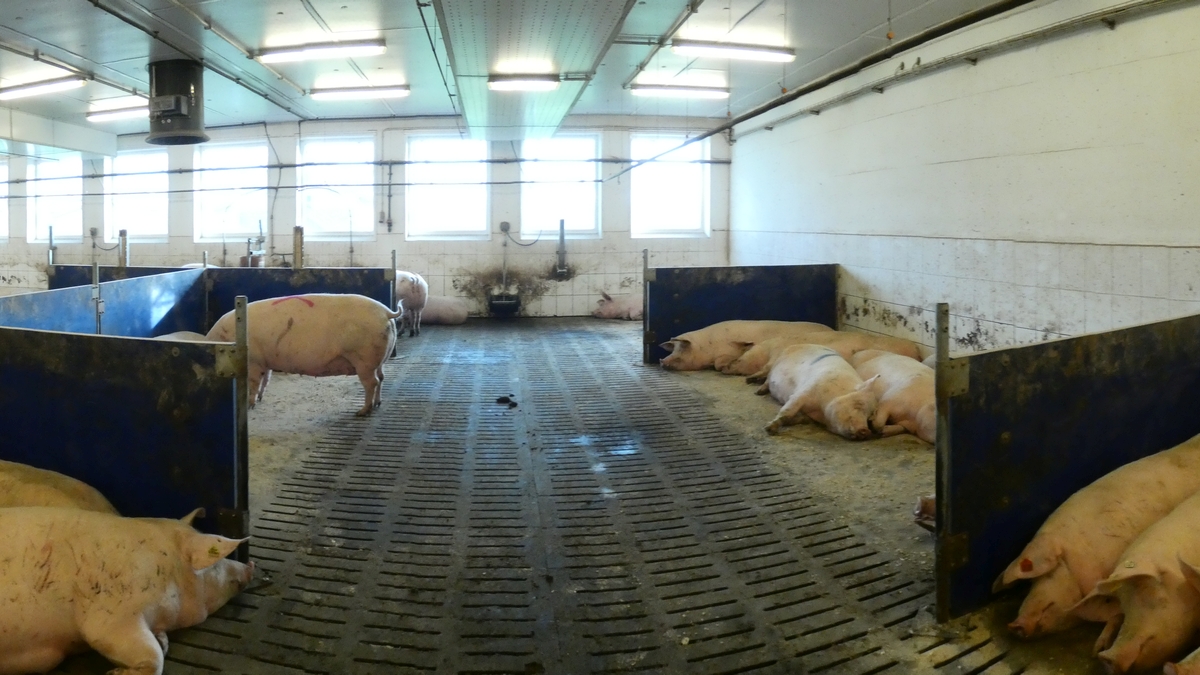Inspections to quantify sows’ welfare status in group-housing systems

Subject
Group housing inspections
Four focus areas for inspections
In the review, EURCAW-Pigs first describes the specific needs of sows during pregnancy and their behavioural and physical needs. By addressing these specific needs, four focus areas relevant for sow welfare, and accordingly relevant for inspections, were identified and highlighted:
- Mixing of unfamiliar pigs: Mixing of unfamiliar pigs leads to agonistic behaviour to establish social relationships; the impact of mixing time, group management and space allowance on welfare aspects such as stress and health is described.
- Competition for limited resources: Living in groups is associated with competition for limited resources, especially for food. The level of aggression related to this competition depends on the way food is delivered.
- Restrictive feeding: The lack of satiety due to restrictive feeding of pregnant sows is a main welfare issue that may lead to “distress” and the development of stereotypies.
- Climate and resting comfort: It is important to focus on climate and resting comfort, in particular on heat stress in pregnant sows and the importance to lose heat during high ambient temperatures (and humidity). The contraindication of losing heat on floors and the adverse effect of prolonged lying times on hard floors on sow’s welfare is also discussed.
Indicators, improvement measures and legal requirements
For each of these focus areas, the review suggests animal-based indicators that inspectors can use to monitor the welfare of group-housed sows. Furthermore, suggestions for improving the welfare situation of group-housed sows are given: minimizing aggression during mixing or in competition for resources, supply of dietary fibre (diets) or roughage to satiate sows, and cooling strategies for group-housed sows, which can be combined with comfortable resting areas. The review concludes with citing the legal requirements relevant to the focus areas.
Official inspectors and experts from member states are invited to contact EURCAW-Pigs info.pigs@eurcaw.eu with any suggestions, comments or questions to further improve this review.
